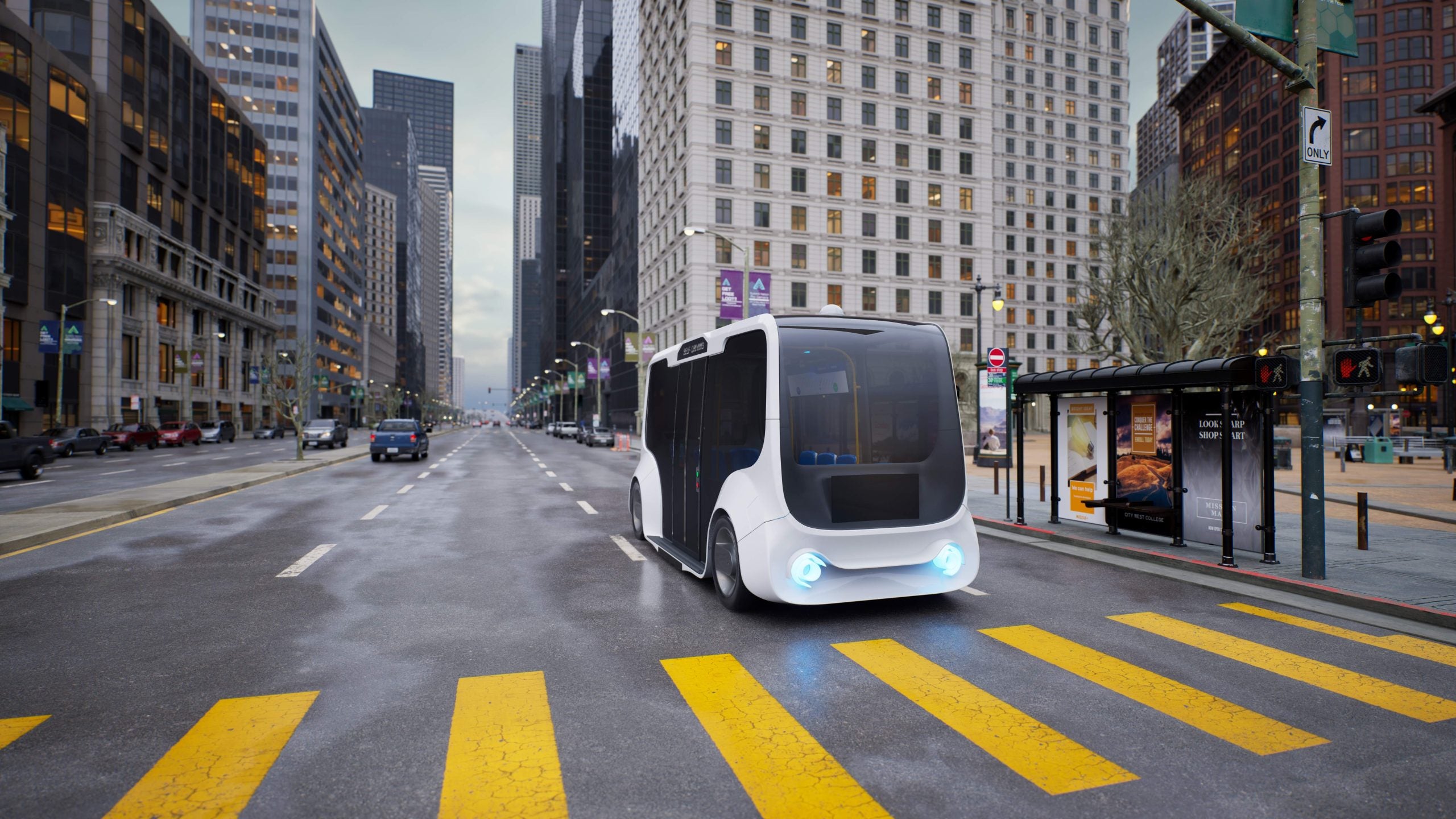
Kneron, an AI chip maker for autonomous vehicles (AVs) and other machines, announced funding of $49m on Tuesday (26 September). The fresh round of funding comes as the amount of filings in the autonomous vehicle industry peaked at the end of 2022.
The funding came as an extension to the company’s Series B funding round from investors such as Horizon Ventures, Foxconn, Liteon Technology, Adata, PalPilot and Alltek.
Kneron CEO Albert Liu confirmed that the capital brings the total amount of funding raised to $190m.
The funds will be spent on expanding the size of the company’s staff and pushing the company’s efforts to make it to market.
In an interview with TechCrunch, Liu said: “The need for chips in the automotive market is robust, and the rapid growth of AI in generative applications is driving the need for AI chips.”
“Kneron is strategically positioned with unique advantages in these areas,” he added.
How well do you really know your competitors?
Access the most comprehensive Company Profiles on the market, powered by GlobalData. Save hours of research. Gain competitive edge.

Thank you!
Your download email will arrive shortly
Not ready to buy yet? Download a free sample
We are confident about the unique quality of our Company Profiles. However, we want you to make the most beneficial decision for your business, so we offer a free sample that you can download by submitting the below form
By GlobalDataCo-founded in 2015 by Liu and Frank Chang, Kneron manufactures low-powered and reconfigurable AI chips which can be implemented with existing systems, such as AV interfaces.
The news comes as AV filings peaked in Q3 2022 and dropped at the beginning of 2023, according to research company GlobalData.
The number of filings in Q3 2022 totalled 691, dropping down to 289 in Q1 2023.
Filings have been rising throughout the year again, with Q3 2023 totalling 428.
The AV industry will not develop a fully self-driving car until 2035, according to a prediction from research firm GlobalData.
“We expect the timelines for deploying fully autonomous vehicles (Level 5) to be pushed back over the next few years,” the research firm wrote in a 2023 report.
Level 5 autonomy relates to self-driving cars that do not require any human interaction – meaning that when they’re eventually deployed, they won’t have steering wheels or pedals.
“Companies that have made big bets on the technology will continue to move toward commercialisation, but it could be closer to 2035 before we begin to see any meaningful deployments of fully self-driving vehicles,” the firm added.
Our signals coverage is powered by GlobalData’s Thematic Engine, which tags millions of data items across six alternative datasets — patents, jobs, deals, company filings, social media mentions and news — to themes, sectors and companies. These signals enhance our predictive capabilities, helping us to identify the most disruptive threats across each of the sectors we cover and the companies best placed to succeed.







